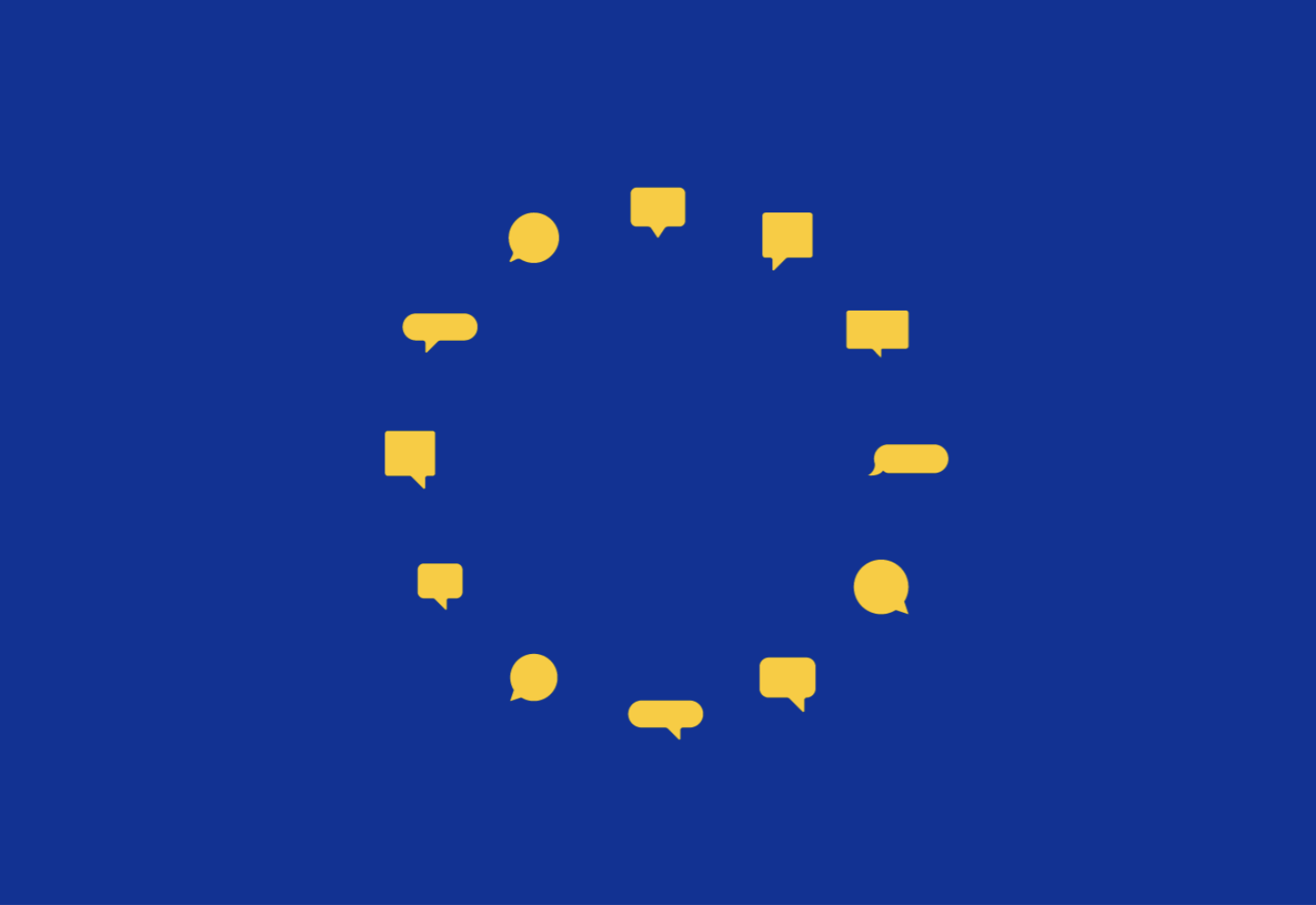The European Union (EU) says it wants to compete globally, but overly complex and burdensome regulation is preventing the tech innovation that is driving growth for global competitors. Mario Draghi’s report on EU competitiveness makes clear the significant challenges that stem from these regulatory regimes.
One example of this in the EU is business messaging. Messaging is already the preferred way to chat with businesses to ask questions, find something to buy and receive helpful updates like a boarding pass, a back-in-stock alert or even a coupon for a holiday sale. Business messaging is thriving around the world in places like Brazil, India and Indonesia. There are 600 million conversations every day between people and businesses across WhatsApp, Messenger and Instagram Direct, and nearly 80% of people globally message with a business at least once a week. Unfortunately, because of product limitations stemming from EU regulation, the availability and adoption of business messaging in the EU significantly lags behind global competition.
When businesses outside the EU want to share new products or features with customers, or connect with prospective buyers, they have the tools that help them understand who is interested in their product or service and quickly chat with them. Meanwhile, EU businesses don’t have this luxury. Regulation like the ePrivacy Directive (ePD) means they don’t have access to the same data or rich customer insight. The digital technologies that could be transformative are still little more advanced than paper newsletters and email communications.
An over regulated environment
Conversations with businesses around the world shine a light on how extreme interpretations of the EU’s data rules, coupled with a lack of consideration for Europe’s competitiveness goals in regulatory decisions, are hindering growth and undermining the customer experience for millions of EU citizens.
Regulatory interpretations on crucial capabilities like segmentation, audience insights and click-through rates, mean that EU businesses cannot benefit from using data insights and automation that their global competitors use to achieve better return on investment and engagement. Put simply: European businesses are stuck with less performant and less useful tools. And it’s not just messaging, new AI tools also lag months behind other countries – this has a real world impact.
Real-World Impacts
- Kaufland, a leading European hypermarket chain, highlights the core issue: “The biggest obstacles to Kaufland’s growth is legal complexity, not customer demand.” They describe themselves as “totally blind” when it comes to basic KPIs like reach, engagement, and click rates for their WhatsApp campaigns in Germany, contrasting it with the much more advanced capabilities available in India and Brazil. As they put it, Europe is “Totally behind the development compared to India.”
Meanwhile, companies outside the EU are enjoying a very different business messaging experience.
- Ounass, the leading luxury retail e-commerce platform in the Middle East, has seen remarkable results leveraging business messaging. Fifty per cent of their users read WhatsApp messages, a stark contrast to just 10 per cent for emails and 2-3 per cent for SMS. This has boosted customer satisfaction from 80 per cent to 90 per cent, making WhatsApp their most effective channel for engagement, traffic, and revenue.
- Rappi, a hugely successful Latin American delivery app, on the other hand, demonstrates the power of data-driven personalisation. Their ability to offer personalised deals has significantly increased user return and purchase rates. Even at an early stage, these campaigns are delivering strong results, creating a “halo effect” where users who see an ad but don’t immediately act often return later. For every order placed directly through an ad, four additional orders come from users who saw the ad but didn’t act right away.
The Path Forward: A Regulatory Reset
These examples make a critical point: simplification is urgently needed for the EU. Regulatory requirements, interpreted in a manner that is disconnected to economic and societal needs and demands, disproportionately impact the performance of business messaging in Europe. EU citizens and any company operating in the EU, in particular, small and medium-sized businesses, are bearing the brunt of less performant tools.
As EU lawmakers strive to streamline Europe’s data regulations, prioritizing the treatment of data used for business messaging under the outdated ePD is crucial. The ePD has proven inefficient and contradicts with not only the GDPR, but also the objectives of other digital EU laws such as the Data Act’s goal to develop the Internet of Things, and the AI Act’s requirement for data use for performance and security. By revising the approach to ePD and the handling of messaging data, policymakers can strike a balance between fostering economic growth and safeguarding the privacy of European citizens.
EU citizens and businesses need the EU to reset its regulatory approach and provide a framework and governance that secures a consistent, balanced and pro-innovation interpretation of the law.



